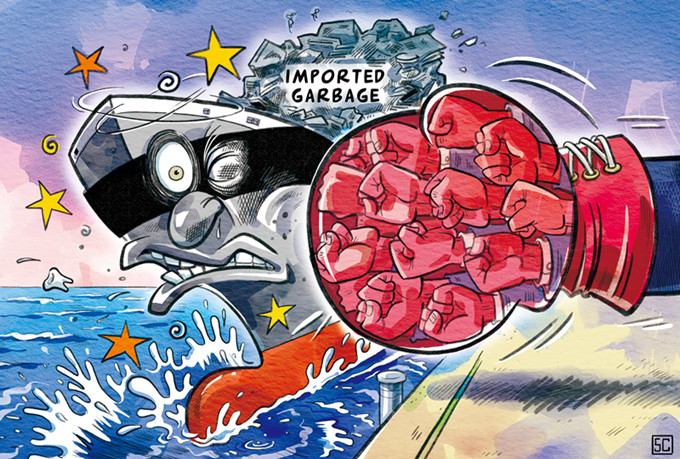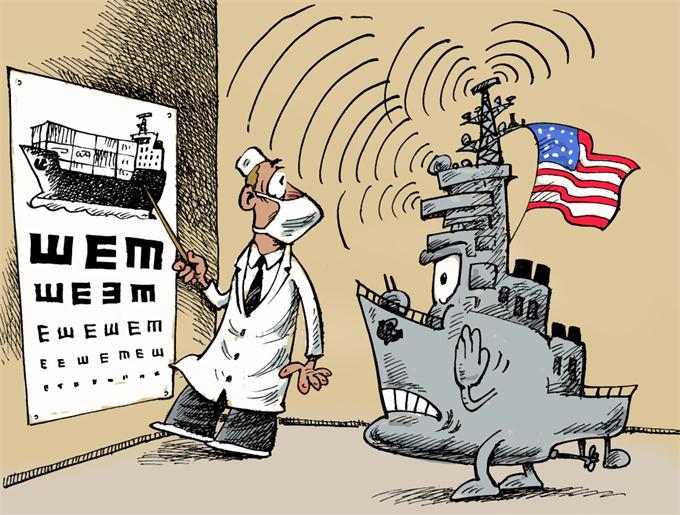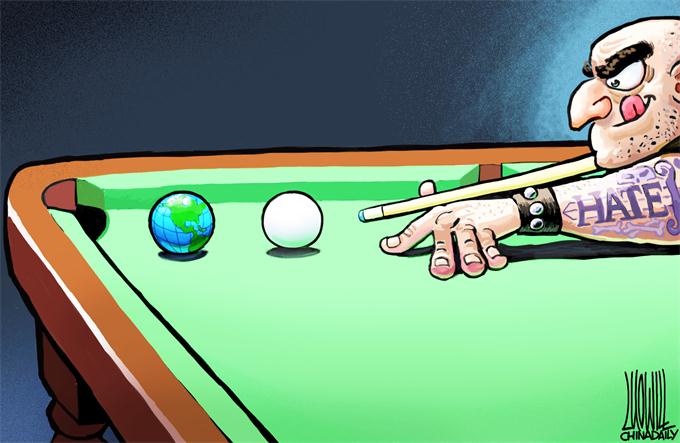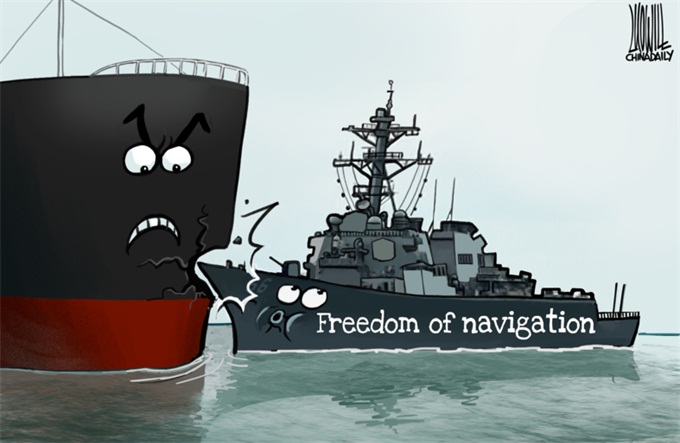EU is not totally safe against terrorists despite strict measures
From the bloody airport and metro terrorist attacks in Brussels in March to a truck driver plowing through shoppers in a Christmas market in Berlin in December, 2016 was a year of sorrow and anger for Europe as the European Union suffered more deadly attacks following the bloody incidents in Paris in 2015. And contrary to what many people believe, the EU has not seen absolute peace even in the months following the Berlin attack. In fact, safety in the EU is becoming even more worrisome.
Following Paris, London, Manchester, Stockholm, Brussels and Antwerp, Barcelona in Spain, Rotterdam in the Netherlands and other European cities have hit the headlines because of the lethal attacks they have suffered or the terrorist plots that have been unearthed there. This means more European cities have become the targets of terrorists, who now seem more inclined to use trucks and vans to mow down people to spread terror.
Admittedly, the number of deaths in terrorist attacks in the EU has by and large been lower than those in the attacks in Paris, Nice and Brussels in the past two years. And some of the potentially deadly attacks, such as the ones in Brussels and Antwerp in Belgium, and Rotterdam in the Netherlands, have been thwarted because of the intensified and better coordinated efforts by EU member states.
But despite those relatively comforting facts, terrorism and terrorist cells seem to be growing in Europe, especially in Western Europe. The EU was designed as a peace project and, to a very large extent, it has fulfilled that mission. But the frequent terrorist attacks, which compromise people's safety, are contrary to the EU founding fathers' goal of achieving common development, prosperity and safety.
Since globalization has turned the world into an interdependent whole, the EU can no longer claim to be the only economy that accords priority to economic integration. It can claim the credit for hoisting the idea of interdependence on global leaders, though.
But if people's safety continues to be compromised in the EU, the consequences will be alarming for the bloc, as investors, tourists and students all will start looking for safer destinations. Data show the number of tourists to France has been declining since 2015. The attacks have also affected tourism in Switzerland, because some people prefer to package their visits to the two countries (as well as others) together.
Until now, the flow of foreign investment into Europe has not been affected much. But if this worrying trend continues, the situation may deteriorate.
This is a battle that the EU leadership and member states must fight to win. The leaders must put up a joint front and take concerted actions to root out terrorism from Europe. And the governments, armies and police forces of the EU member states must fulfill their responsibilities to protect every soul in the bloc.
EU member countries' armies and police forces do conduct patrols, and take preventive measures before and during important events and gatherings, and global cooperation to safeguard people has indeed intensified. But a lot more needs to be done.
The author is deputy chief of China Daily European Bureau. [email protected]

























